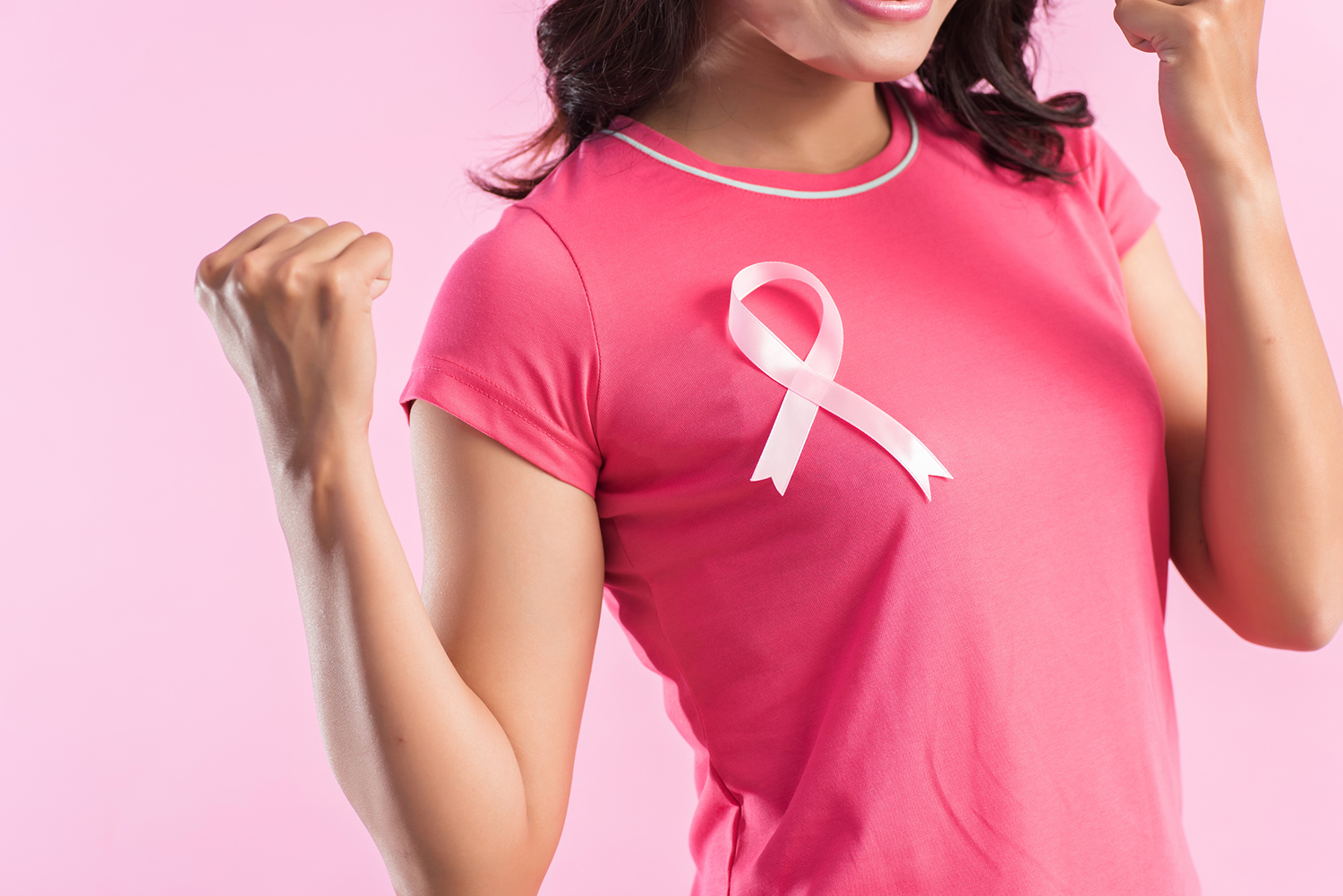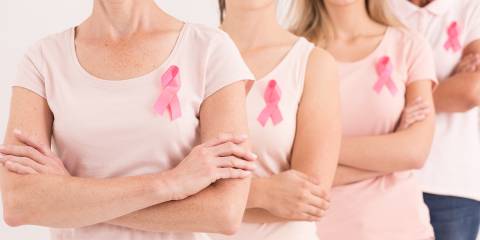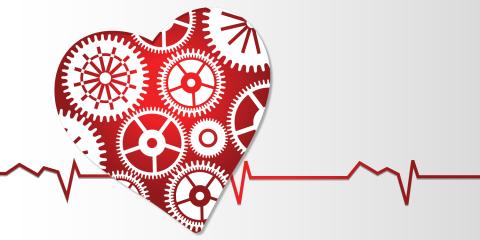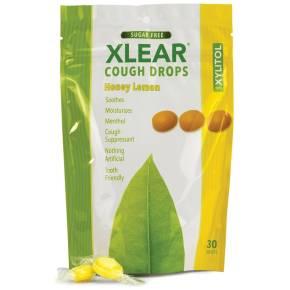About one in eight American women will develop breast cancer at some point during their lifetime.
The good news is that changes to one’s diet and exercise regimen can protect against this form of cancer.
Protective actions include losing excess weight, getting adequate exercise, and following a Mediterranean diet.
Ways to Protect Against Breast Cancer
-
Diet & Exercise
The American Cancer Society recommends a weekly minimum of 150 minutes of moderate aerobic activity or 75 minutes of high-intensity aerobic exercise.
The Mediterranean diet focuses on fish, legumes, fresh fruits and vegetables, whole grains, small amounts of red meat, and extra virgin olive oil. Processed foods and refined sugars are limited in this diet.
-
Supplements
-
Melatonin
Melatonin, a hormone produced by the pineal gland in the brain to regulate sleep cycles, also inhibits breast cancer cell growth.
“Melatonin enhances the effectiveness of your body’s immune cells to fight off foreign invaders, including mutated cells, stimulating the body’s immune response,” says Ann Louise Gittleman, PhD, CNS.
If you’re chronically sleep deprived or work a night shift, you may be at higher risk for developing breast cancer. Supplementing with melatonin to get the sleep you need may support your immune system.
-
Vitamin D3
Low levels of this vitamin have been shown to increase breast cancer risk. Research indicates a link between low levels and the progression and metastasis
of breast cancer.“Women with a higher vitamin D intake may be a quarter less likely to die from breast cancer than women with lower levels,” says Jacob Teitelbaum, MD.
In addition to supplements, vitamin D is found in fortified food items and naturally in egg yolks, salmon, tuna, and beef liver. Your body produces it after sun exposure.
An August 2017 study showed that vitamin D works with omega-3 fatty acids to increase the death rate of breast cancer cells.
-
Omega 3s
-
Fish Oil
DHA and EPA, two essential fatty acids found in oily fish (albacore tuna, salmon, sardines), fight against chronic inflammation and protect against breast cancer and breast cancer recurrence.
One study found that women who took fish oil supplements for six years had a 32 percent lower risk of breast cancer than nonusers.
-
Flaxseed
Flaxseed provides a plant-based omega 3 called alpha-linolenic acid (ALA). Animal and clinical trials show that consuming several daily tablespoons of flaxseed can protect against breast cancer.
-
-
-
Nutrient-Rich Foods
-
Seaweed
Iodine deficiency has been linked to breast cancer. “High-iodine cultures such as Japan have 70 percent lower rates of breast cancer than low-iodine countries like the US,” says Dr. Teitelbaum. He recommends adding iodine-rich sea veggies such as nori to your diet.
-
Green Tea
Epigallocatechin gallate is a polyphenol found in green tea. Research has shown it to be protective against the development and growth of breast cancer cells.
-





